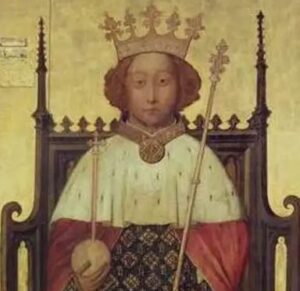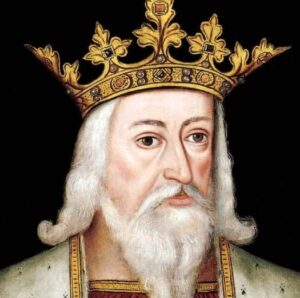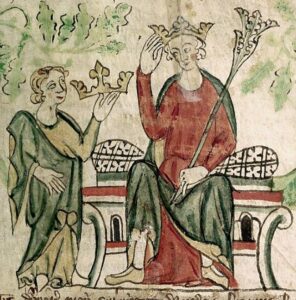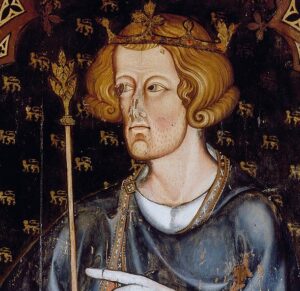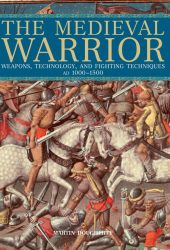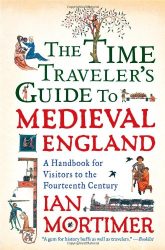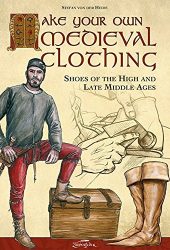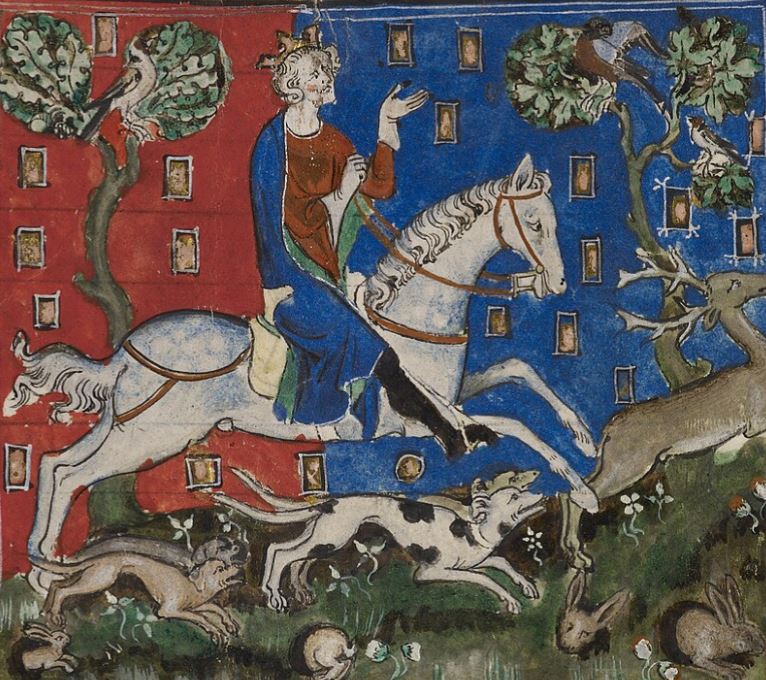
King John, also known as John Lackland, ruled as King of England from 1199 until his death in 1216. He was the youngest son of King Henry II and Eleanor of Aquitaine, born in 1166, and his reign was marked by both controversy and conflict.
Who Was King John?
One of the most significant events of King John’s reign was his dispute with Pope Innocent III over the appointment of the Archbishop of Canterbury. This disagreement led to England being placed under interdict, which meant that religious services and sacraments were suspended, causing great unrest among the population. Eventually, John capitulated to the Pope’s demands and accepted Stephen Langton as Archbishop.
Internationally, King John’s reign was characterized by his struggles to maintain control over English territories in France. His losses in Normandy and other French possessions weakened the Angevin Empire, which had been established by his father, King Henry II. These defeats led to significant financial strain on the English crown and contributed to John’s unpopularity among the nobility.
Domestically, King John faced opposition from his barons, who were dissatisfied with his heavy-handed rule and excessive taxation. This discontent culminated in the signing of the Magna Carta in 1215, a landmark document that limited the power of the monarchy and established certain legal rights and protections for the barons and clergy. While King John initially agreed to the Magna Carta under duress, he soon reneged on its terms, leading to civil war between the King and his barons.
King John’s reign was marked by his ruthless and authoritarian rule, earning him a reputation for tyranny and cruelty. His arbitrary actions, including the execution of his political rivals and the seizure of property, alienated many of his subjects and contributed to widespread unrest.
Despite his flaws and failures as a monarch, King John’s reign laid the groundwork for the development of English constitutional law and the principles of limited monarchy. His legacy, though tarnished by his reputation as a despotic ruler, remains an important chapter in English history, shaping the course of the nation’s political and legal evolution.
More Members of the Plantagenets Dynasty
The Plantagenets were a powerful dynasty that ruled England from the 12th to the 15th centuries, shaping the course of English history during the medieval period. They were known for their complex family rivalries, military conquests, and cultural patronage.

